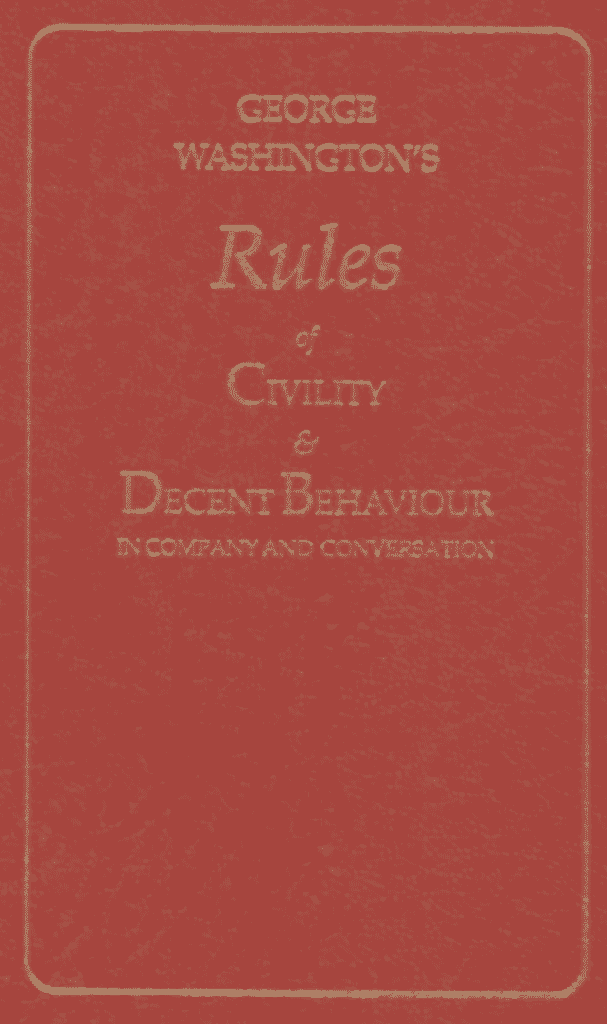
I have a bit more tolerance for an epilogue because, in a really good book, I don’t want the story to end. Don’t tell me a story before you tell me your story. I do not understand why, after a writer has written an entire book, they feel the need to backpedal and tell the reader, “Wait, before you get started, there are some things I need you to know.” As a reader, I want those “things I need to know,” to be built into the narrative.

While there are many arguments that can be made in favor of a preface, I would like to argue, vehemently, against the use of prefaces.

If I really want to read a book and I see that there’s a preface, I simply pretend that the preface is what it should be–Chapter 1. With a preface, the implication is that there are a set of rules you need to make sense of before you can fully appreciate the writing to follow. When I see the word “preface” or “prologue” my natural inclination is to assume that the writer feels there is a need to sit down and have a chat with me before I read their book. It makes me wonder if there is some spiritual agenda to the book I’m about to read and if I don’t quite understand the biblical verse I begin to wonder about the disposition of my immortal soul. I am even more vexed by biblical epigraphs. Sometimes I read epigraphs and think, “Well, now you’re just showing off how well read you are,” particularly when the epigraph comes from some obscure text perhaps three people have read. Epigraphs seem to be an indulgence on the part of the writer. I never find the relevance of an epigraph no matter how hard I try. There is an implication by the epigraph’s very existence, that the story cannot exist without the imprimatur of the wise or witty words of someone else. Is the epigraph a commentary on the writing or the story to be told? Is the epigraph a commentary on the writer or the reader? For better or worse, the use of an epigraph shapes and informs how we read the story that follows. When I read an epigraph or a series of epigraphs in the front matter of a novel, or even worse, at the beginning of a short story or poem, I then spend an unfortunate amount of my reading time trying to make sense of the importance of that epigraph.

In order to talk about a book I am certain will make many of the “best” lists this year, and one I loved, I’m also going to need to talk about three things I really hate in novels–epigraphs, prefaces or prologues, and epilogues.


 0 kommentar(er)
0 kommentar(er)
